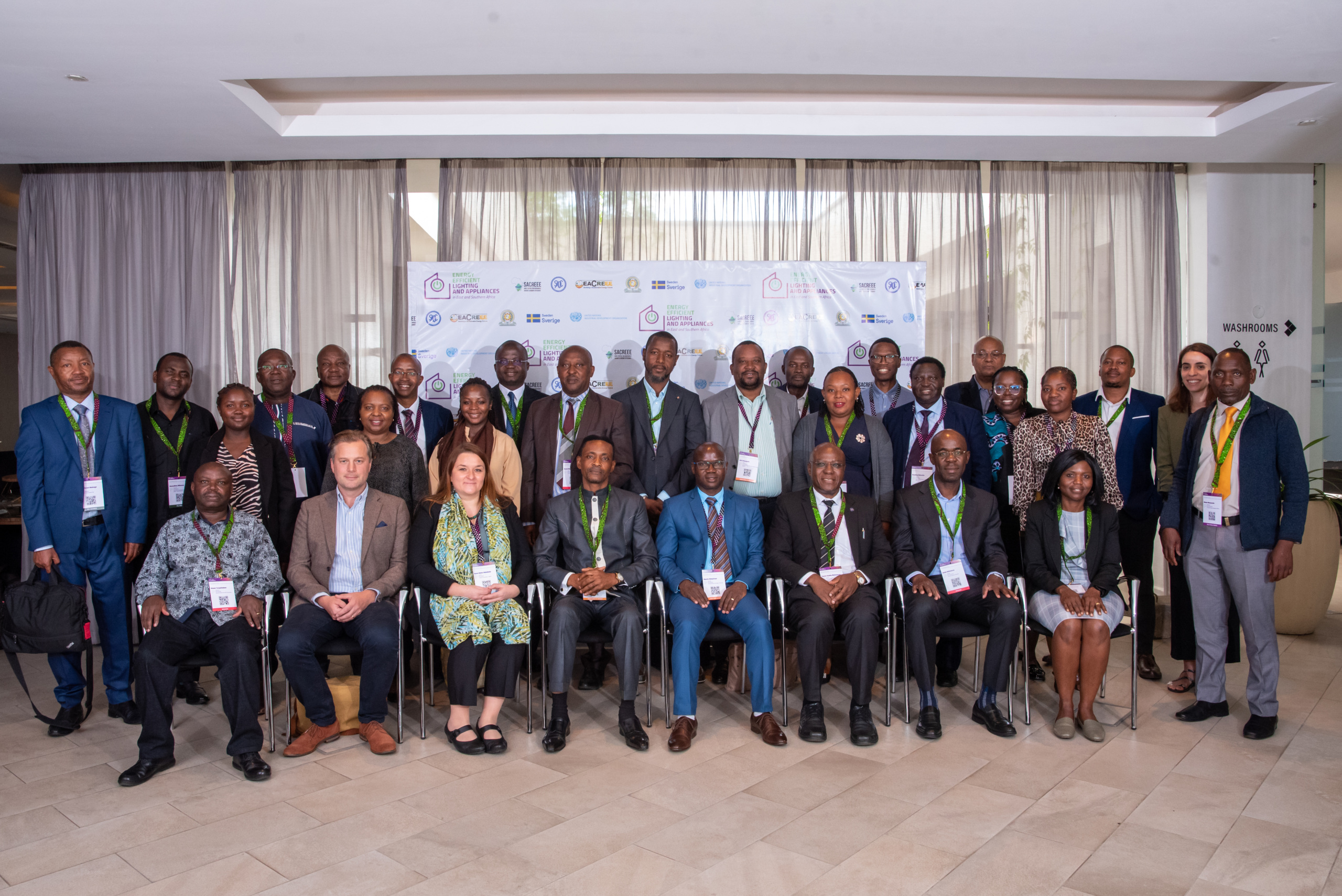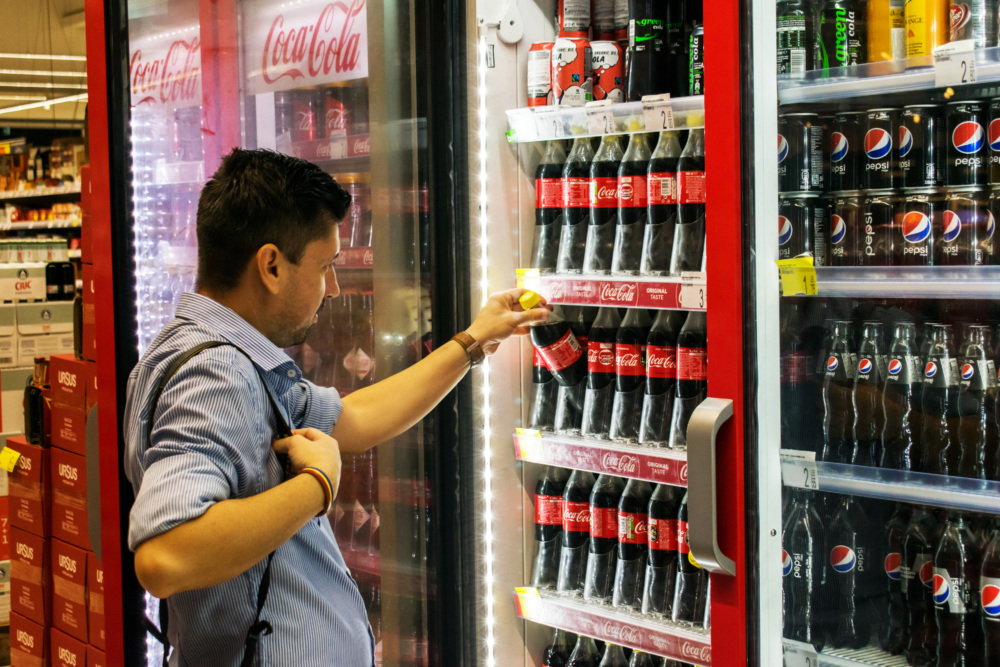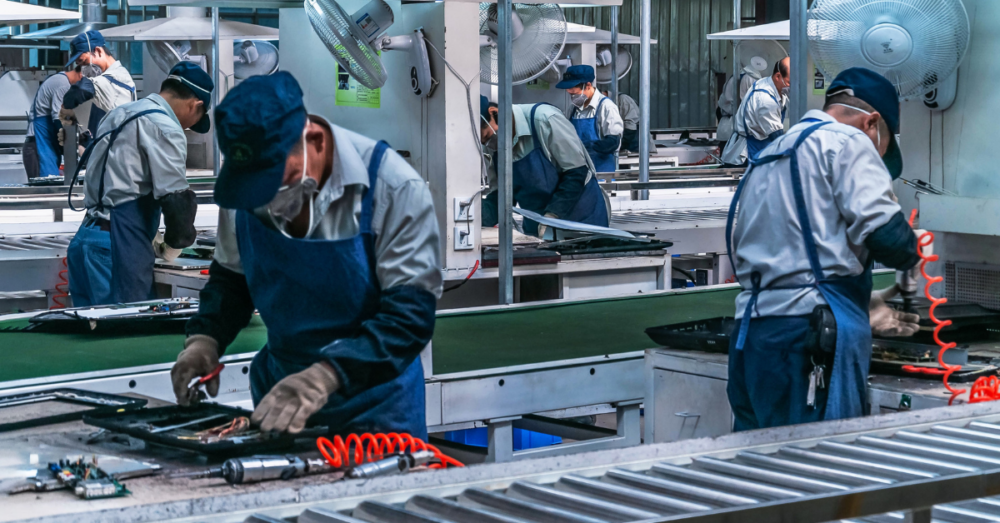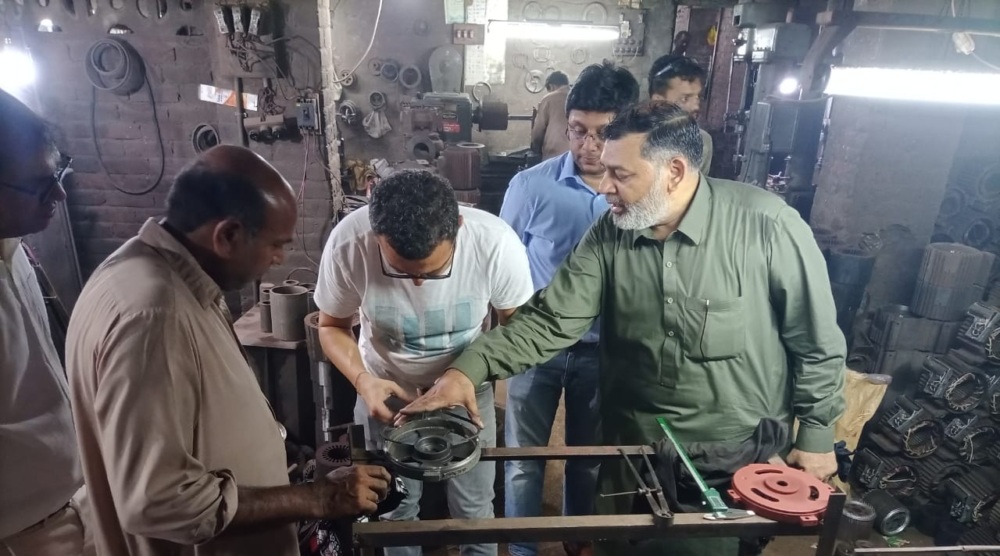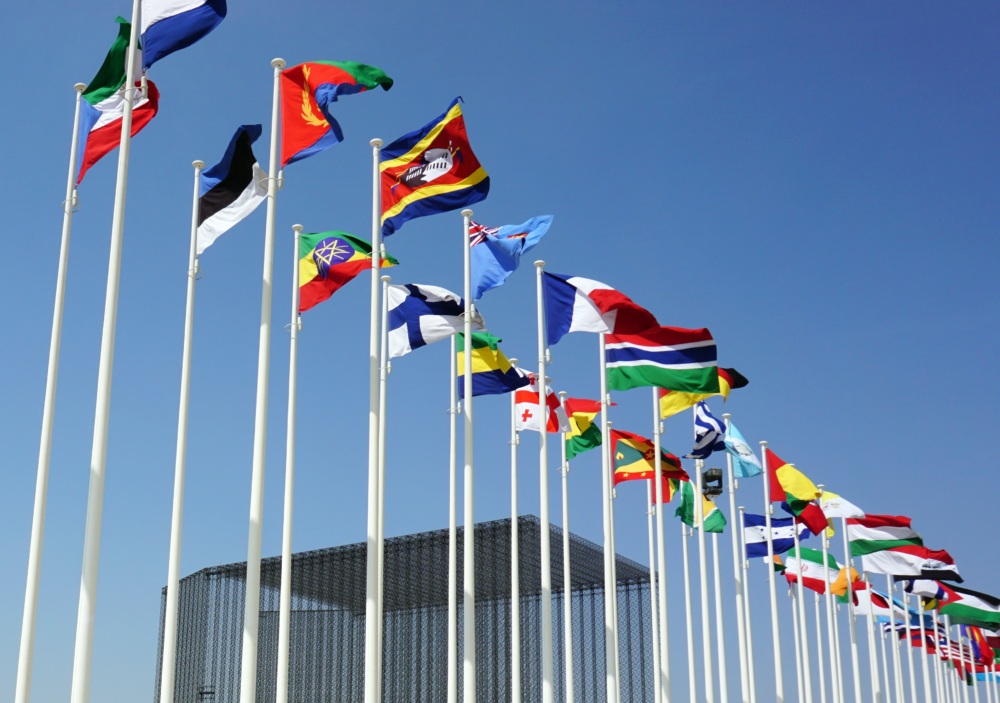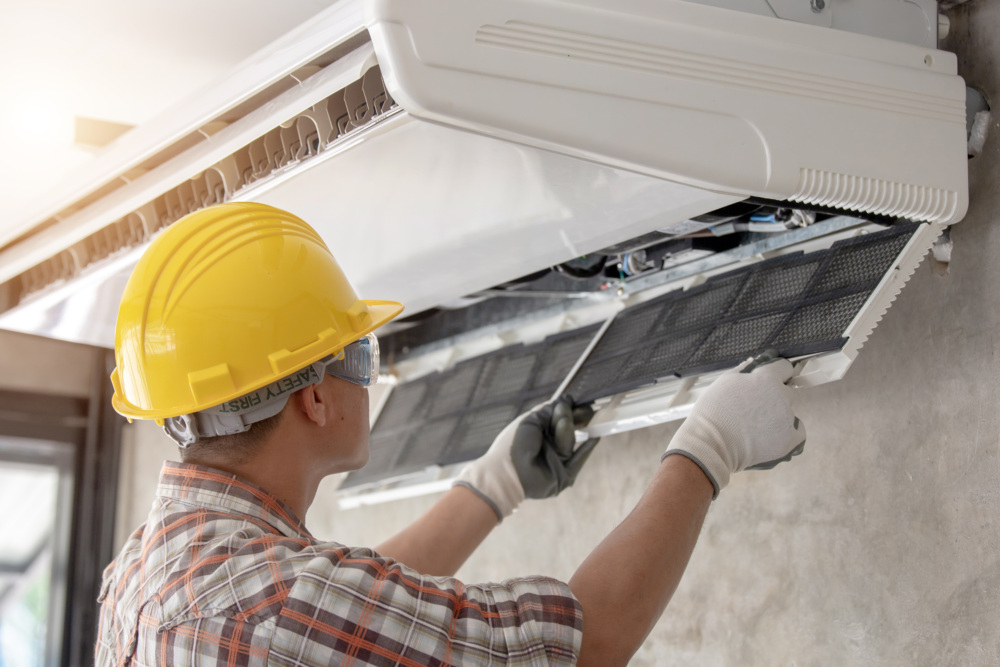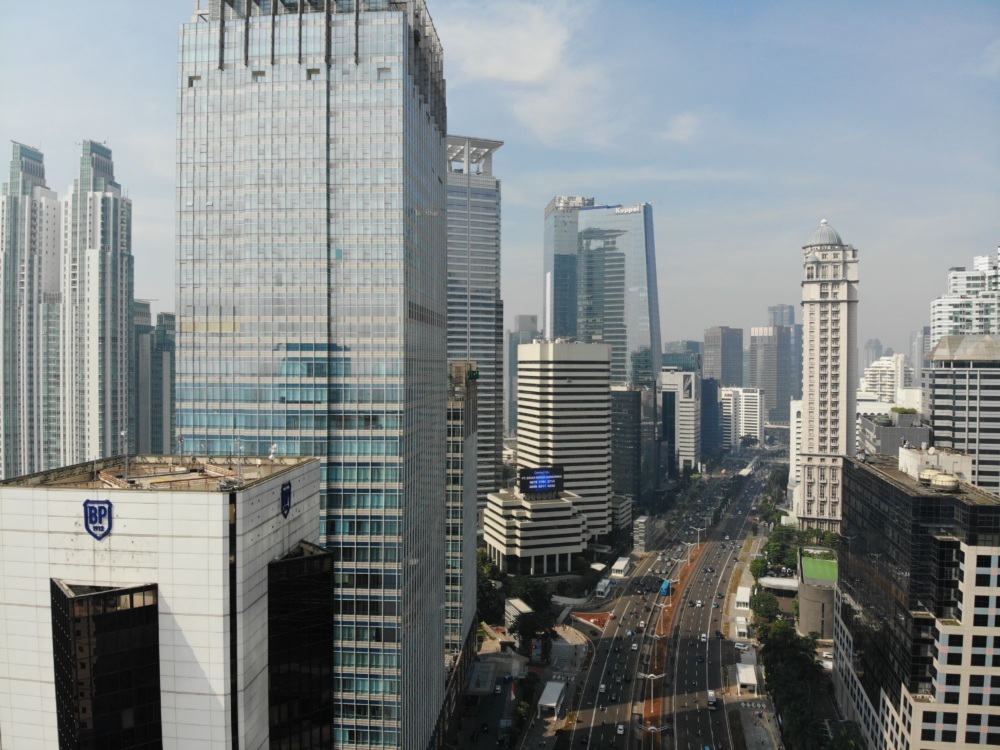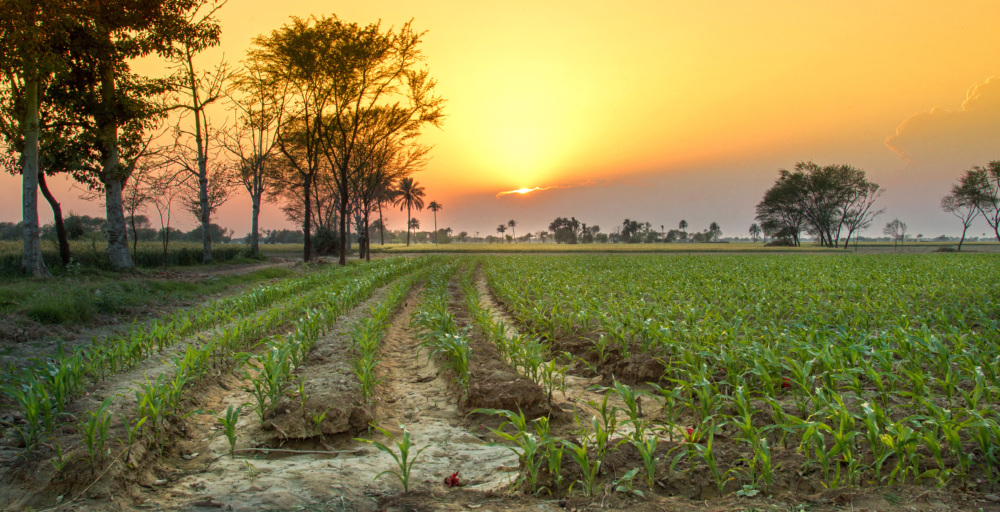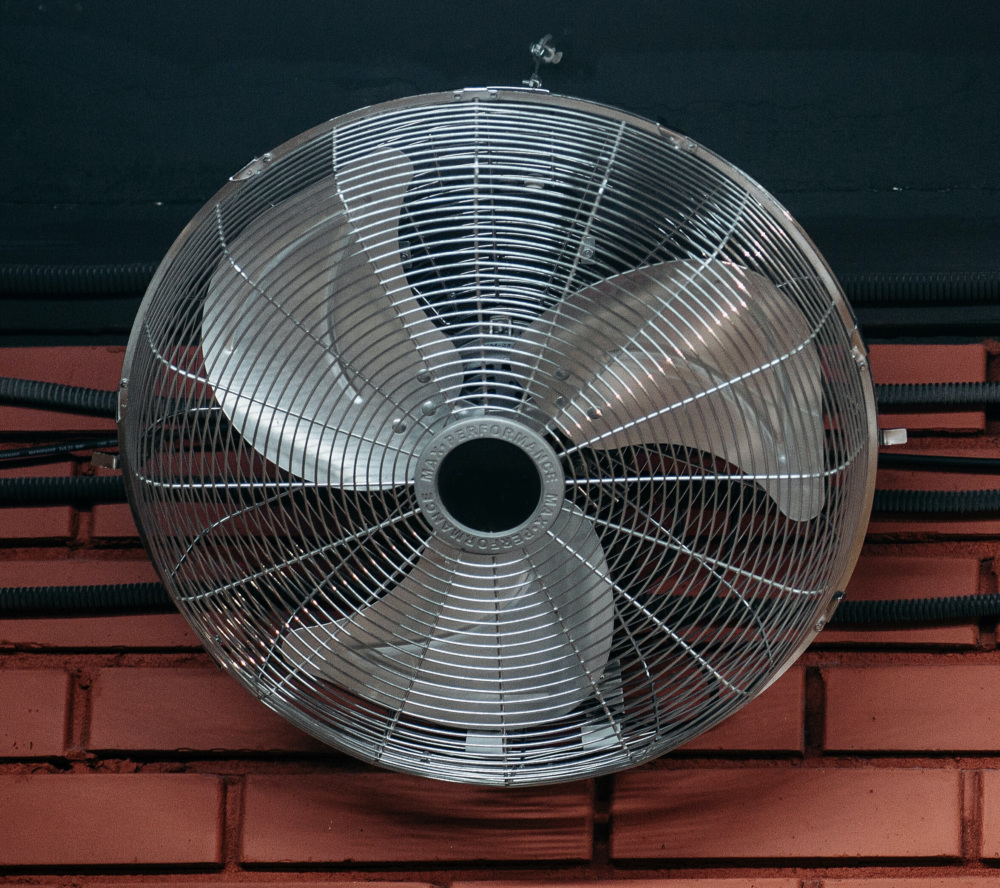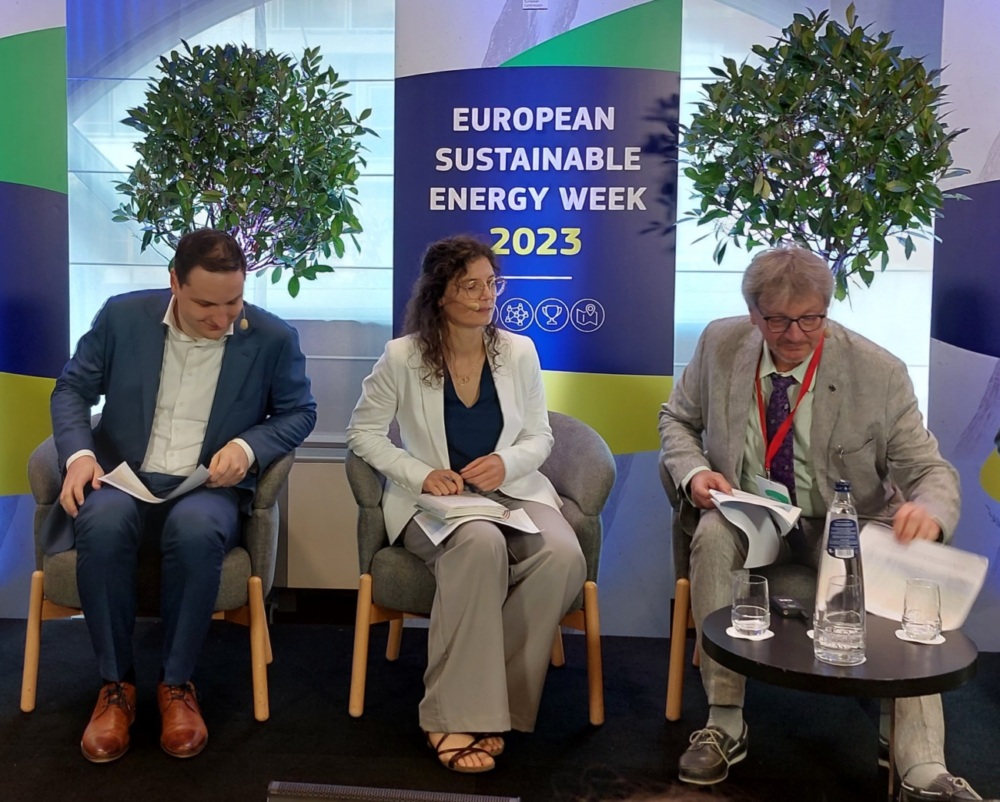Guarding Against Low-Efficiency Appliances in East & Southern Africa
Through UNIDO’s EELA project, CLASP is building compliance capacity to protect East and Southern African markets from energy inefficient appliances.
The Energy Efficient Lighting and Appliances in East and Southern Africa project (EELA) is funded by the Government of Sweden through the Swedish International Development Cooperation Agency (Sida) and implemented by the United Nations Industrial Development Organization (UNIDO) in partnership with the East African Centre of Excellence for Renewable Energy and Efficiency (EACREEE) and the SADC Centre for Renewable Energy and Energy Efficiency (SACREEE).
Across East and Southern Africa, households and businesses face increasingly frequent blackouts and rising electricity costs due to overburdened national grids. In an effort to lower energy demand, governments are implementing regulations to increase appliance efficiency levels, but face challenges ensuring products entering the market are compliant. Through UNIDO’s EELA project, CLASP is building compliance capacity throughout these regions.
Efficiency policies are limited without proper compliance
In March, CLASP joined the UNIDO Energy Efficiency Lighting & Appliances (EELA) Annual Stakeholder Forum as a technical partner, offering a workshop on compliance and joining panels on productive use and policy interventions. Most countries in East and Southern Africa are still adopting minimum energy performance standards (MEPS) and developing compliance frameworks to ensure appliances entering their markets meet the MEPS.
At the Forum, Angellah Wekongo led a training on Conformity Assessments – a mechanism to protect markets at the point of entry. The Assessment involves evaluating products before market entry through product testing, certification, and registration, to check that they comply with national requirements. In addition to ensuring compliance of appliances placed on the market, a robust conformity assessment can save costs on market surveillance and provide insights into the performance of appliances on the market.
Adopting a regionally harmonized framework
“A highlight of the meeting was voting on the adoption of the EAC/SADC region Compliance Framework that was developed by CLASP. The goal of the framework is to enable member states to effectively implement regionally harmonized energy efficiency policy measures and ultimately protect markets from non-compliant and low-quality products.” – Angellah Wekongo
The Framework objectives are to:
- Increase the efficiency of compliance efforts throughout the two regions;
- Establish appropriate communication channels and collaboration between the national compliance authorities through regional centers to share compliance intelligence and resources;
- Establish a regional product registration system;
- Ensure adequate and accessed-by-all testing capacity in the regions;
- Develop common practices and methodologies, and support alignment of national compliance regulations to the extent possible;
- and foster gender equality and women’s empowerment.
All 21 SADC countries voted in favor of the Framework, and five of the six EAC countries also voted in favor. South Sudan abstained as they had yet to read the framework.
CLASP focuses on policy & productive use appliance market opportunity
In addition to her work on compliance, Wekongo participated in a policy session about the legal, policy, and regulatory environment for energy efficient lighting and appliances. The session also shared experiences on how local markets have benefitted from harmonization of EELA policies and compliance efforts in the region.
Sam Grant, CLASP’s Director of Clean Energy Access, also moderated a session on productive use appliances to address the challenges and opportunities for market growth in the region.
To learn more about this event, visit SACREEE’s website.

